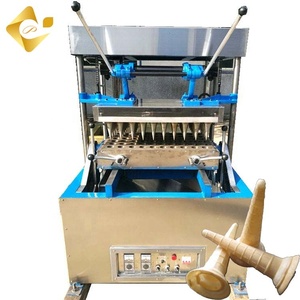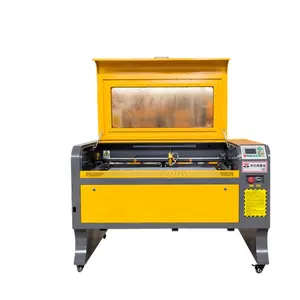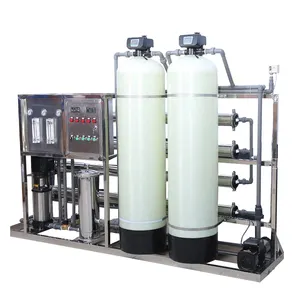Popular in your industry
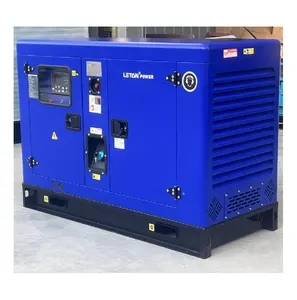








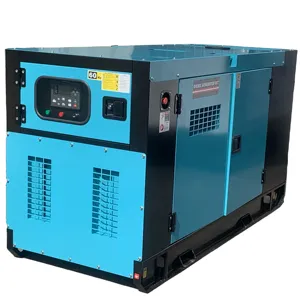
Related Searches:

























Top categories
About diesel containers
A diesel container, also known as a diesel can, is a portable vessel specifically designed for the safe storage and transportation of diesel fuel. These containers are often made of robust materials like high-density polyethylene (HDPE) or steel to ensure durability and resistance to corrosion. Additionally, they feature secure closures, such as gaskets and caps, to prevent leakage and minimize the risks associated with handling diesel fuel. The capacity of diesel containers can vary, ranging from small, 1-gallon options to larger containers that can hold 20 gallons or more. The choice of container size depends on the intended use and individual needs. These containers are commonly used in industrial, commercial, agricultural, and recreational settings where access to diesel fuel may be limited, necessitating a convenient and safe means of storage and transport.
How to use a diesel container?
Using a diesel container, such as a diesel fuel can, requires careful adherence to safety protocols to minimize the risk of accidents and ensure the effective and efficient handling of diesel fuel. The first step is to choose a container specifically designed and approved for the storage and transport of diesel fuel. It's important to inspect the container for any signs of damage, such as cracks or leaks, before filling it. When filling the can, it should be done on the ground or another stable surface to prevent spills or accidents. To further enhance safety and compliance with regulations, diesel containers are often color-coded according to industry standards. For instance, in the United States, diesel containers typically feature a yellow color, which helps differentiate them from other fuel types, such as gasoline, and provides a visual cue for users and emergency responders. By following these guidelines and using diesel containers correctly, users can ensure the safe and efficient storage and transport of diesel fuel in various applications.
How to store diesel containers?
Storing diesel fuel in a diesel container or a diesel fuel container requires adherence to specific guidelines to maintain the fuel's quality and safety. The storage location should be well-ventilated to prevent the accumulation of fumes and ensure a safe environment. Additionally, the storage area should be away from sources of heat, sparks, or open flames to reduce the risk of fire hazards. Diesel containers should be kept in a cool, dry place, ideally out of direct sunlight, to prevent temperature fluctuations that can impact the fuel's stability. Regular inspection of the container for any signs of damage, such as corrosion or leaks, is essential to address issues promptly and prevent fuel loss or environmental contamination. Furthermore, storing diesel containers in a dedicated and clearly marked area helps minimize the risk of confusion and accidental mixing with other fuel types. By following these storage practices, users can maintain the integrity of the diesel fuel and ensure its readiness for use when needed.
What are the features of diesel containers?
One of the key features of diesel containers is their construction from materials that offer compatibility with diesel fuel, preventing corrosion and maintaining the fuel's quality. These containers are designed to be impact-resistant and durable, ensuring long-term reliability in various environments. Many diesel containers incorporate features such as integrated handles or spouts for convenient handling and pouring, enhancing user-friendliness. Additionally, some containers include built-in venting mechanisms to facilitate smooth and efficient fuel dispensing while preventing pressure build-up. The inclusion of secure closures, such as threaded caps or gaskets, is a common feature to prevent leaks and spills. Some diesel containers also come with additional safety elements, such as flame arrestors, to mitigate the risk of fire hazards. Many modern diesel containers are designed with stackable or space-efficient shapes for easy storage and transportation. These features collectively contribute to the functionality, safety, and user convenience of diesel containers across a range of applications.
